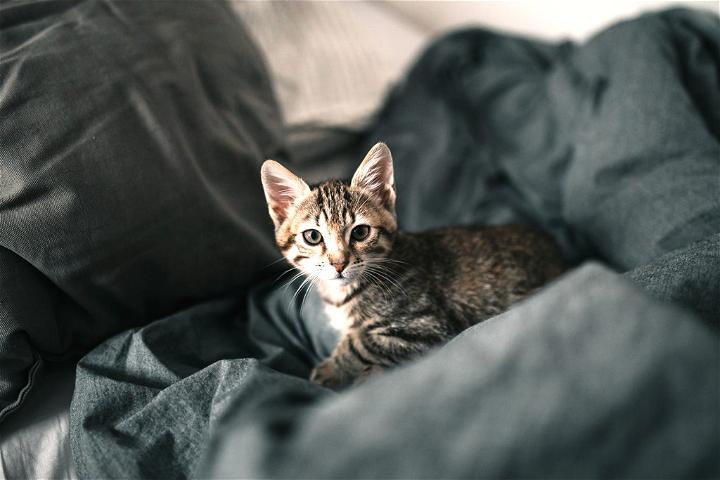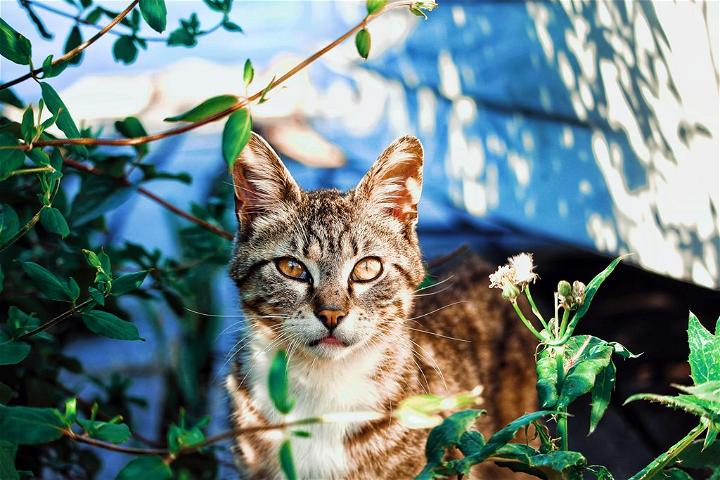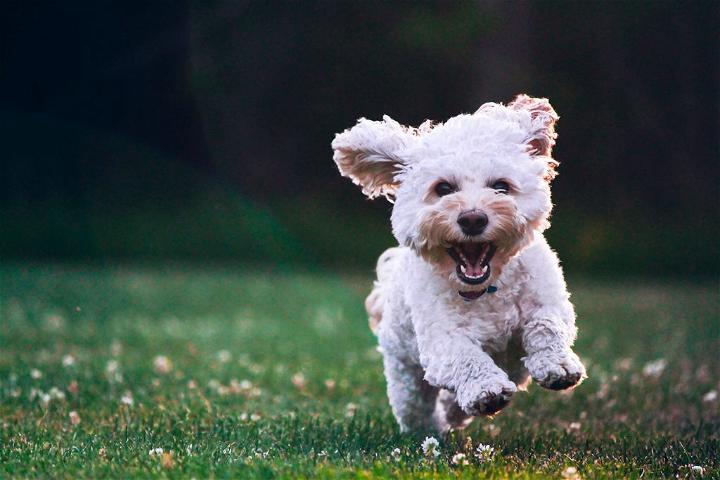Small animals can make great pets. They are often cheaper to care for than larger animals, and they can provide companionship without taking up too much space. However, it is important to be aware of the safety risks associated with keeping small animals as pets. It is estimated that each year, over 2 million people in the United States alone are bitten by small animals. This can often lead to serious infections, as well as other health complications.

There are a few simple safety tips that you can follow to help reduce the risk of being bitten or injured by your small pet. This article will discuss 7 of these safety tips that you should keep in mind when keeping small animals as pets.
Choose The Right Pet
Small animals that are most commonly kept as pets include rodents (such as hamsters and gerbils), rabbits, and guinea pigs. It is important to do some research before choosing a small animal as a pet. Some animals, such as rabbits, require more care and attention than others, and not all animals are suitable for every household.
The best way to choose the right pet is to visit a local animal shelter or rescue organization and speak with a professional about which type of small animal would be best for your home. This is also a great way to adopt an animal in need.
Keep Wildlife Wild
Some animals may look beautiful and cuddly, it is advisable to avoid contact. Many animals can transmit Rabies through a simple bite, and you will have to get a painful series of shots if you are not vaccinated. Animals in the wild are not used to humans handling them and may lash out. The best thing you can do is to leave them in their natural habitat.
Also, don’t encourage wild animals to come into your yard or home by leaving food out, or by having an open garbage can. An opening as small as a quarter can be an invitation for wildlife to enter and make themselves at home. Some animals can enter through the shower drain or the toilet. This is especially dangerous if you have small children in the house. Therefore, it is important to take precautions to ensure that your home is not inviting wild animals.

Practise Good Pet Hygiene
It’s important to wash your hands thoroughly with soap and water after handling your pet or cleaning its enclosure. This will help to prevent the spread of bacteria and disease. The same goes for any other surfaces that your pet comes into contact with – make sure to clean these regularly too. This is especially important if you have young children or elderly family members living with you, as they may be more vulnerable to illnesses. More so, if you have a weakened immune system, you should take extra care to avoid contact with your pet’s feces.
Take Precautions Against Zoonotic Diseases
Although most pets don’t pose a danger to human health, some diseases can be spread from animals to humans. These zoonotic diseases can be serious, and even life-threatening, so it’s important to take precautions when handling any pet. The best way to protect yourself and your family is to wash your hands thoroughly with soap and water after handling any animal, even if you’re just petting them.
Another way to reduce the risk of contracting a zoonotic disease is to have your pet checked regularly by a veterinarian and to make sure they’re up-to-date on all their vaccinations. This will help to ensure that your pet isn’t sick and doesn’t pose a risk to your health.
Teach Children How to Interact with Animals
One of the best ways to keep small children safe around animals is to teach them how to interact with them properly. Children should be taught never to approach an animal they don’t know, even if it’s just a small, harmless-looking animal. They should also be taught not to try to pick up or hold an animal unless they have been permitted by the animal’s owner. This is especially important with animals that can easily bite or scratch if they feel threatened. It’s also important to teach children not to pull on an animal’s tail or ears, as this can hurt the animal.

Study the Behaviour of the Species
When you’re considering which small animal is right for you, it’s important to do your research and study the species’ natural behavior. This will help you understand what sort of care they need and what kind of environment they thrive in. It will also help you be prepared for any challenges that may arise during ownership. The best way to do this research is through books, websites, and talking to experienced pet owners. This way, you can be sure that you’re getting accurate information. More so, you can be prepared for the challenges of pet ownership and avoid any potential safety hazards.
Minimize Allergic Reactions
While small animals are generally considered to be Hypoallergenic, there are still some people who may experience allergic reactions to them. If you or anyone in your family is allergic to animals, it’s important to take steps to minimize any potential reactions. This may include keeping the animal in a separate room, using an air purifier, and bathing the animal regularly.
The best way to determine if someone is allergic to a small animal is to spend time around them and see if any reactions occur. This is especially important if you have young children who may not be able to communicate if they’re feeling sick.
Keeping small animals as pets can be safe and fun if some basic safety rules are followed. Small animals can be easily injured or killed, so it is important to handle them carefully and keep them away from children or other pets who may not understand how delicate they are. All food and water bowls should be placed in areas where the pet cannot tip them over, and cages or aquariums should be kept clean and in good repair. By taking some simple precautions, pet owners can enjoy the companionship of their small animal friends without worry.
